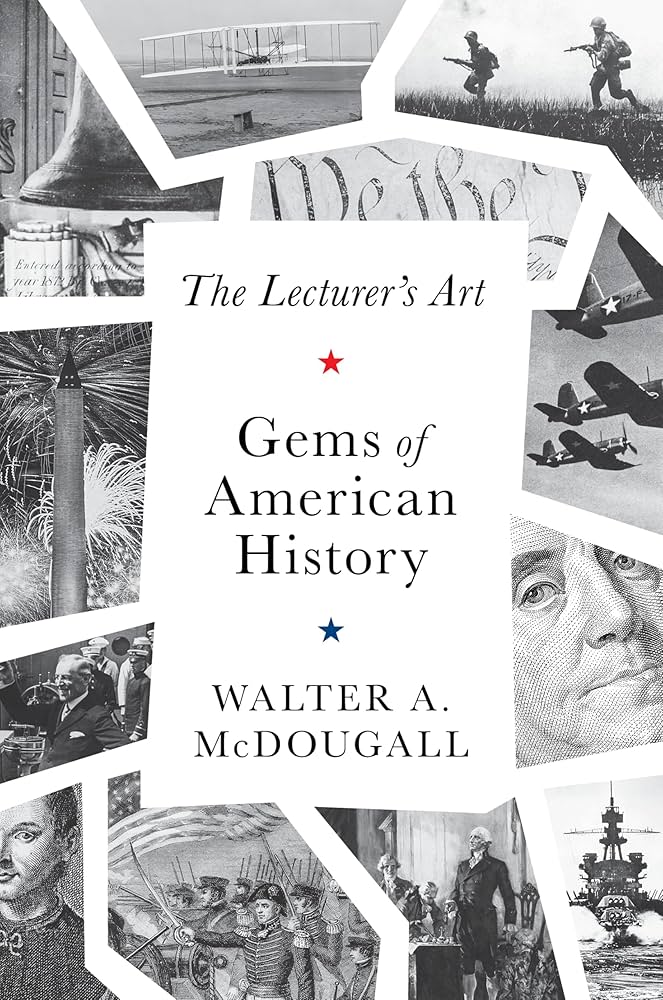McDougall began his academic career as a historian of Europe and brought this perspective to his command of American history. In the opening chapters, therefore, he seeks to reconnect American history to its ideological and political antecedents in the Old World. McDougall’s periodization is not an afterthought but was instead a choice meant to begin the American story before the rupture of independence and thereby to undermine the ahistorical tendency of Americans to think of their forebears as always American. This tendency is an essential component of “American exceptionalism”, at least in versions that see the United States as a completely novel kind of society. As a corrective, McDougall asserts that the origins of the American founding “lay in the core beliefs of European civilization,” cites the numerous influences from Hebrew republicanism, the various flavors of Enlightenment thinking, and the historical experiences of the Venetian republic, and the political philosophy of Niccolo Machiavelli.
He presents a similar analysis when examining individual figures of the revolution. Chapter 2, is dedicated to Benjamin Franklin. McDougall explicitly writes against hagiographies of the sage of Philadelphia that present him as a “proto-American,” who assumed a place in an inescapable American revolution and frames his chapter with a reminder that the Declaration of Independence “was by no means inevitable.” McDougall presents Franklin as a Pennsylvanian, a product of a distinctive colonial culture, and an individual with a deep affinity and respect for the Kingdom of Great Britain.
Rather than starting his diplomatic career as a staunch patriot, Franklin sought to maintain the bonds between the colonies and their mother country. Speaking of Great Britain, Franklin, in a letter to an acquaintance in Scotland, remarked, “I love it” and “therefore wish to see the Union on which I alone think it can be secur’d and establish’d.” McDougall notes that from his earliest work as an agent for the colony of Pennsylvania until as late as 1774, Franklin engaged in a “fourteen year mission for imperial unity.” McDougall’s treatment of Franklin presents the path toward American independence from the 1760s until 1776, not as determined but as contingent.
